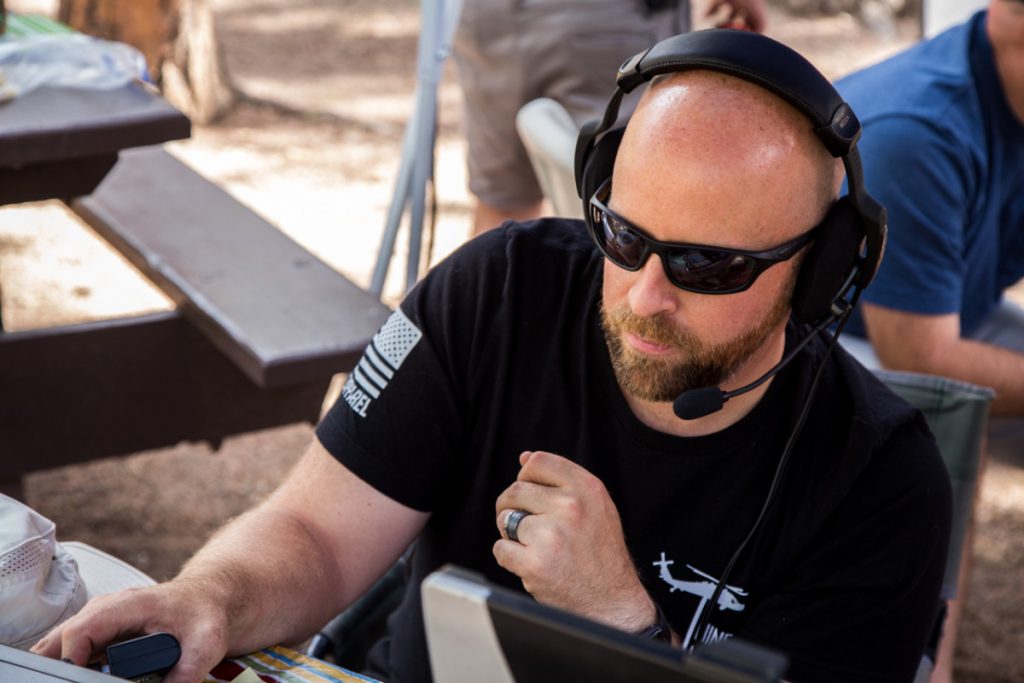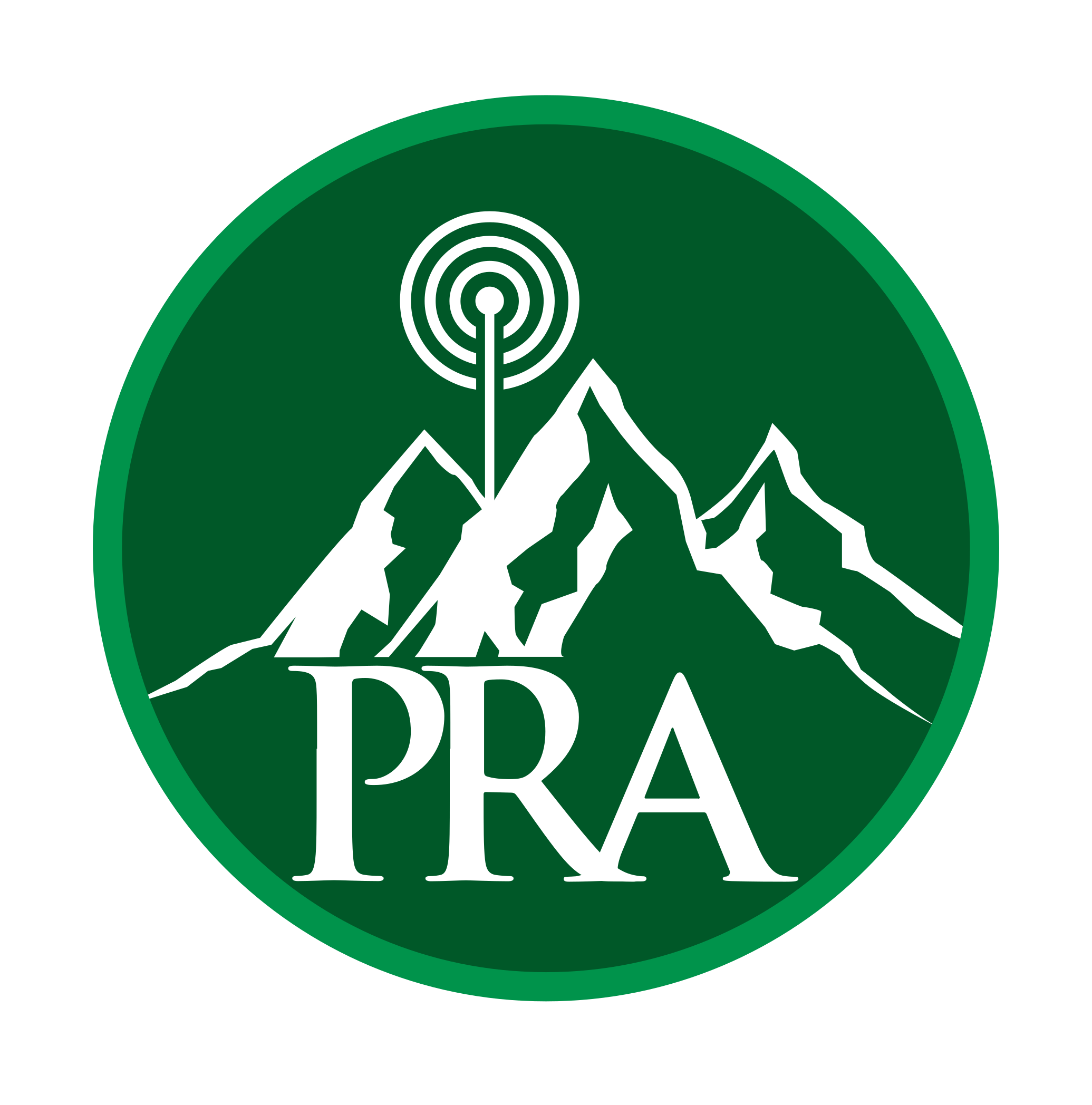
Daylight is getting shorter and the dark of night joins our typically bright early mornings that we experience in the Summer. There is crisp air in the mornings and evenings. The season has changed and soon, the time will change as well. Shorts and tee-shirts will soon be replaced with long pants and jackets. All of these changes, as predictable as they are, come with a level of excitement, anticipation, and preparedness.
As the seasons have changed, one season that is familiar with many amateur radio operators is Contest Season. As we get closer to November, several popular contests are on the horizon over the next few months. Contests can be as active or passive as YOU want them to be. If you have never participated in an amateur radio contest, you are in great company because those that enthusiastic and active in contesting all started where you are today. For me, I would say that I am a casual contester. If, and only if, family and professional duties are covered will I participate. At the same time, there are many contests that I have only operated late at night and/or early in the morning to ensure that I am present for my family. When it comes to contests, you control the level of activity and seriousness.
A couple aspects of amateur radio that I learned in contesting remains important in all my amateur radio activities. First, be patient with yourself and other operators. Like my golf game, I received great advice on the course many years ago where I was told, “you’re not that good to get that upset with yourself.” A nice slice of humble pie was served and remembered like it was yesterday. As fast paced as contests can be, remember, you are in control of your pace, nobody else. Secondly, listen, listen, listen. As what will sound like alphabet soup on the voice or CW, listening is underrated and typically not utilized very well. Listening will give you a couple of insights. First, you’ll want to understand the the exchange (and exchange is an information receipt and send between both operators to get a good contact). Along with listening, you’ll get a cadence of the operator you’re trying to contact. Do they answer at the beginning, middle, or end of the pile-up? Knowing the cadence of the Big Gun or DX entity will give you a better shot as to when you should drop your callsign to score that contact. There are so many other aspects of contesting that are important; these were the two that I felt were most important in my contest journey.
Bottom line, contesting should be fun! For your first contest, set an obtainable goal. Maybe your goal is 25 contacts; excellent! Work towards achieving it and if you do, add another five contacts to your goal. I like going back to my previous year contest to see if I can beat my previous year score and number of contacts. Also, I enjoy some friendly competition with friends from different parts of the country on the number of contacts made. My friendly wagers usually cost me a dinner or two throughout the year, but it is well worth it for the fun of the competition with friends.
With the season of change, cooler weather, and shorter daylight hours, get ready for some excitement in amateur radio contests. You’ll be amazed at how setting obtainable goals will help you not only enjoy the fun of on-the-air contests, but you’ll see your progress carry over to other other aspects of the amateur radio service. If you have not worked a contest, but want to do so, let us know! Our team is here to help you along your amateur radio journey.
73,
Dan – N2SRK
President
Parker Radio Association
